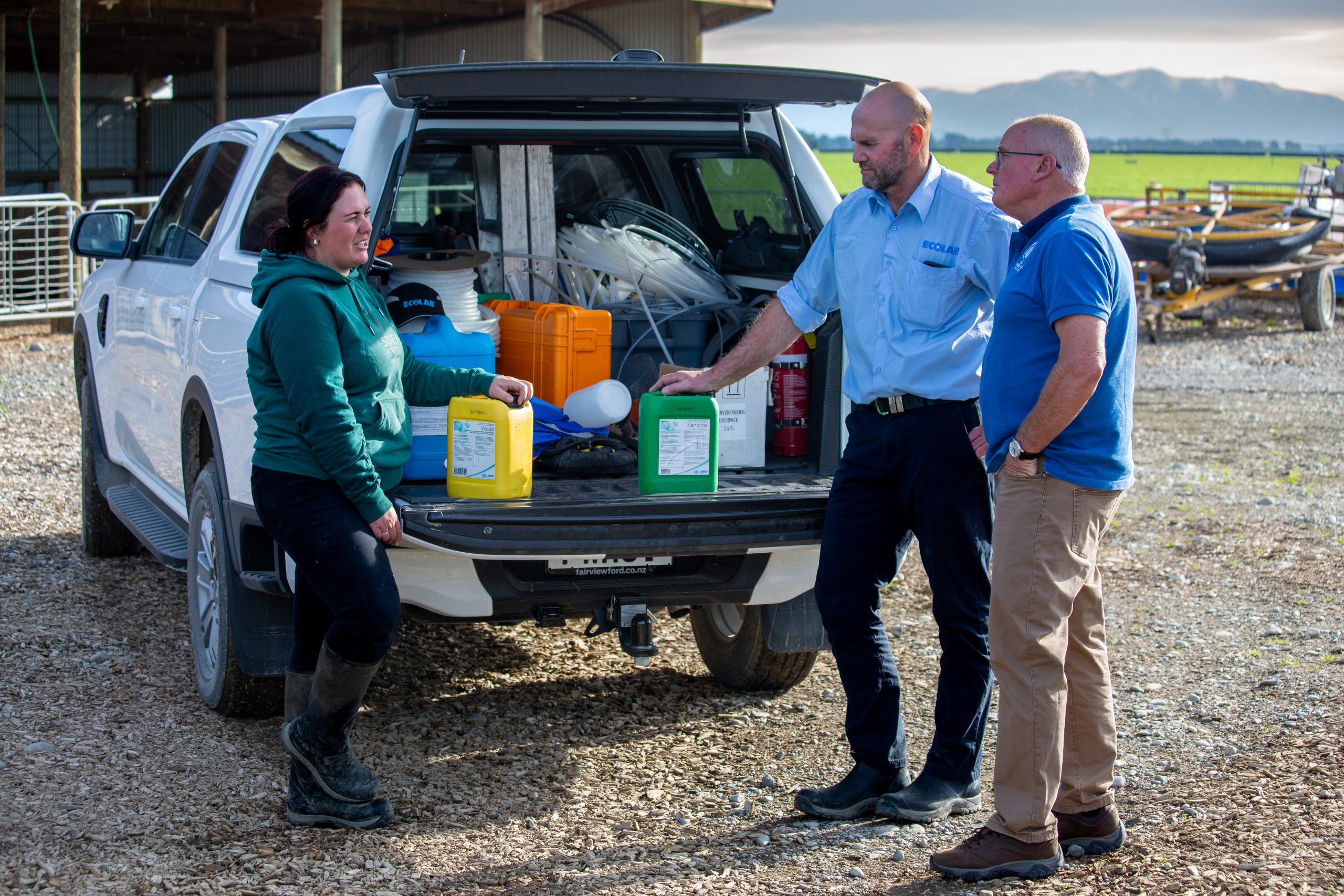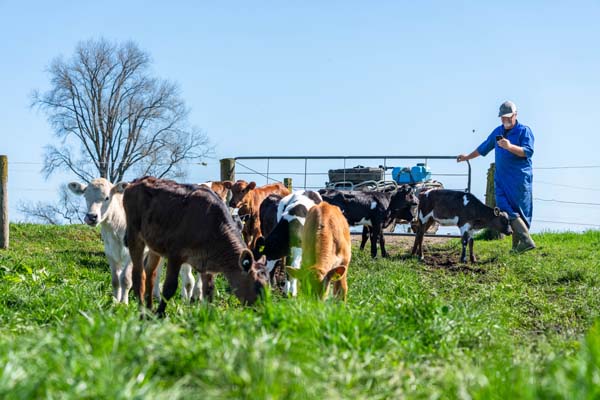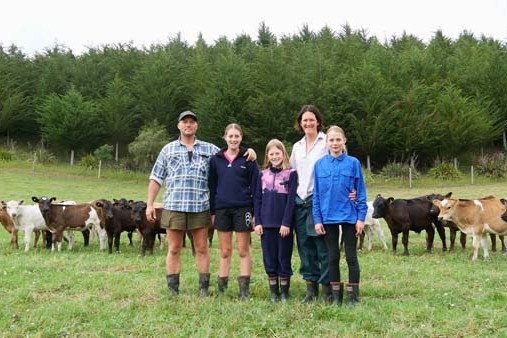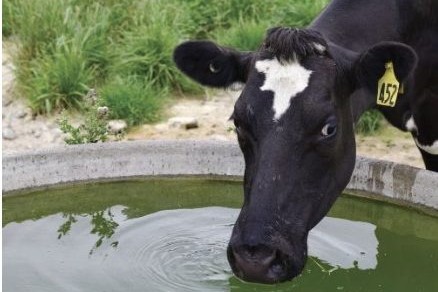Giving your calves the best chance
No calf rearer wants to deal with a disease outbreak and see their calves fall behind through illness when they should be thriving. How do you balance regular disinfecting with reducing cost? Words Sarah Perriam-Lampp.

For two Canterbury calf rearers, this season there are no compromises for hygiene as they do everything possible to reduce any risk of calves contracting rotavirus, coccidiosis or cryptosporidium.
“Diseases through the sheds are really horrible and heartbreaking to work with,” shares April Gardner, a calf rearer with Canlac Holdings who rears up to 640 calves a season. “You’re working hard to get them up and running and once they have rotavirus it’s hard to get back on top again.”
April starts the season with a thorough disinfectant of the sheds with the fresh bark to ensure it’s set up for calves to get the best start.
The Canlac Holdings calf sheds are piped along the back wall to easily spray twice a week with disinfectant to protect against rotavirus in the calves, as well as a versatile solution for also maintaining biosecurity onfarm.

“When we begin calving we then spray religiously twice a week minimum and then as calves head out to the paddock before new ones come in we do a thorough spray again. We are also really strict on disinfecting boots, the quad bike and our wet weather gear too,” explains April.
They use a 200L drum to pre-mix up Ecolab’s Virocid concentrated disinfectant and then plug in their hose to the points along the back wall to spray out each pen as they need to. Virocid’s neutral pH level means it is well balanced, minimising potential adverse effects on any surfaces, therefore can also be used for disinfecting boots and wheels on machinery.
“I’m really impressed with how Canlac has their set-up to make it easier for them when it’s busy,” explains Tony Parsons, a veterinarian who advises several large calf rearers across
New Zealand.
“Please read the label of your disinfectants to ensure you have the right product for the thing you are trying to control, and if not, just ask when you are buying your disinfectants in-store.”
A build-up of contamination and faecal matter in the calf pens is happening from the day the first calf arrives, so having the right hospital-grade disinfectant is crucial and coccidiosis and cryptosporidium have proved difficult to kill in the past. Ecolab’s Kenocox has a unique formula with proven success against bacteria, viruses and protozoa.
Shannel Rudkin, a calf rearer with Grasslands, runs four heifer replacement sheds and one bobby calf shed. She has been using Ecolab’s Kenocox broad-spectrum disinfectant which kept infection down last year, and hopes it will continue that way this season.
“When I see my calves ill it is not a nice feeling. I spray daily to ensure I get the best results,” says Shannel.
Watch Video with Shannel Rudkin and April Gardner.
Visit ecolab.com




